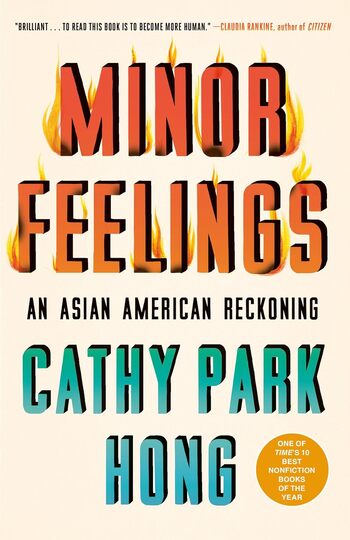
The book explores the rise of food allergies, particularly peanut allergies. It highlights Gideon Lack’s research, which shows early exposure to peanuts in infancy may reduce allergy development, suggesting a reevaluation of traditional dietary advice.
Main Lessons
- Food allergies are increasingly common worldwide, presenting significant health challenges.
- Traditional advice to avoid peanuts may not prevent allergies, challenging past medical guidelines.
- Early exposure to allergens like peanuts might reduce the likelihood of developing allergies.
- Gideon Lack’s LEAP study suggests a groundbreaking approach to allergy prevention.
- Exposure to a variety of foods early might condition the immune system to tolerate them.
- There is a noted co-morbidity between eczema and peanut allergies, needing further exploration.
- Allergic reactions are due to immune system overreactions, but not everyone is affected equally.
- Family history is a significant predictor of allergic disease risk.
- Global variations in allergy prevalence suggest cultural differences in dietary practices impact allergy development.
- The study advocates for consulting healthcare professionals before dietary changes, especially in high-risk children.
- The findings could lead to new guidelines for infant feeding practices to prevent food allergies.
- While promising, the research indicates not all peanut allergies will be preventable.
- The research sheds light on how understanding allergies better can lead to improved treatment and prevention strategies.
- Future research is pivotal to making food allergies a thing of the past.
- Awareness and adaptation of new findings can empower parents to make informed dietary choices for their children.








